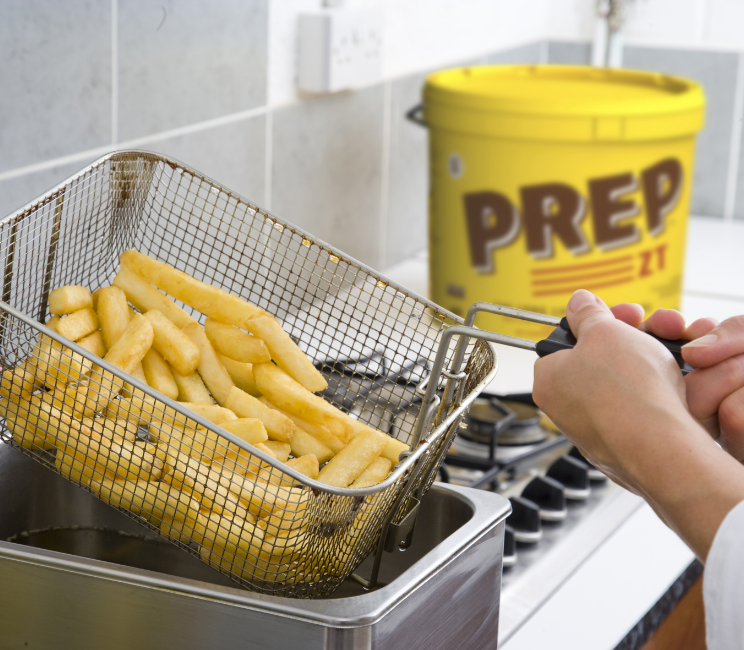What is a long life frying oil?
A long life cooking oil offers greater stability, meaning it withstands high temperatures and repeated exposure to oxygen, water, and food better than standard oils, extending the life of oil during use.
While all oils degrade eventually, regular frying oils break down much faster than long life frying oils.

How does it degrade?
Oxygen and heat produce chemical changes such as oxidation, which creates aldehydes and ketones, that are linked to health problems. Using a long-life oil lowers this risk, since the oil takes longer to degrade.
Chemical changes alter the viscosity and colour of the oil, and these changes continue every time the oil is heated. In time, high temperatures break the oil molecules into bigger molecules, which makes the oil more viscous.
What makes an oil stable?
All oils and fats are a mixture of three types of fatty acid chains:
- Saturated
- Monounsaturated
- Polyunsaturated
The higher the proportion of polyunsaturated fat, the less stable the oil will be.

Conversely, oils which are rich in monounsaturated or saturated fats will be more stable at high temperature. This means that they will last longer in the fryer, extend your fry life quality window, and reduce the need to change your oil as frequently.

